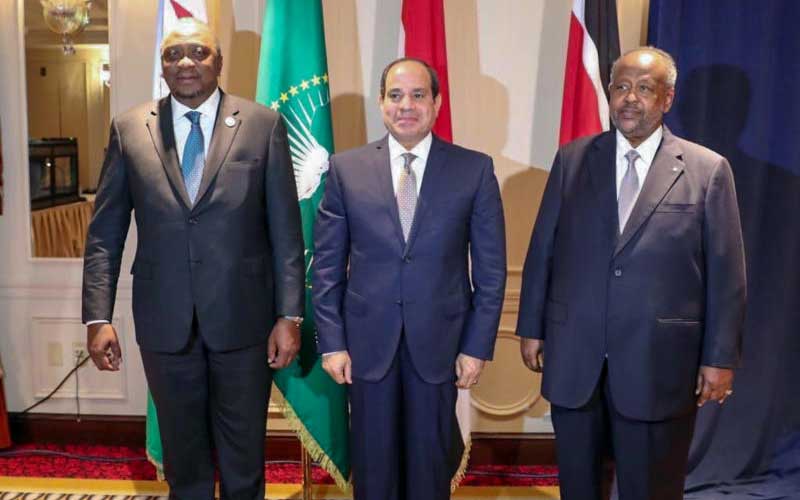
The 2019 United Nations General Assembly gathering of leaders had many sideshows, including street demonstrations and diplomatic forays. Egyptian President Mohammed Al Sisi tried playing peacemaker between President Uhuru Kenyatta and his Somalia counterpart Mohamed Abdillahi Mohamed (Farmajo). He failed partly because Farmajo had little time for diplomatic niceties as he awaits the International Court of Justice (ICJ) to rule in his favour. Kenya, on its part, worries about the possibility of an international cartel using the ICJ as a tool of sea grabbing. For this reason, Kenya is clear it will not cede an inch of its sea water.
The ICJ, faces credibility challenges similar to those of its sister institution at The Hague, the ICC. Its composition has been questioned and the way in which Somalia rushed to the same ICJ reinforces the view it is open to big power manipulation as an instrument for punishing countries that act independent. Extra-continental interests seemingly organised the case at the ICJ as a way of strangulating Kenya by denying it access to the open sea, using Somalia as proxy.